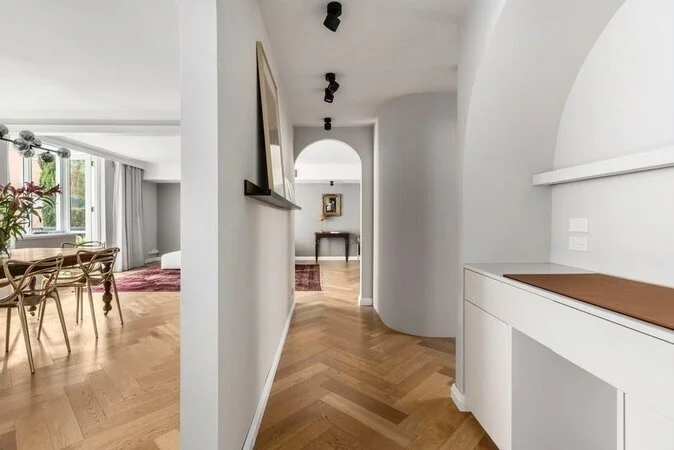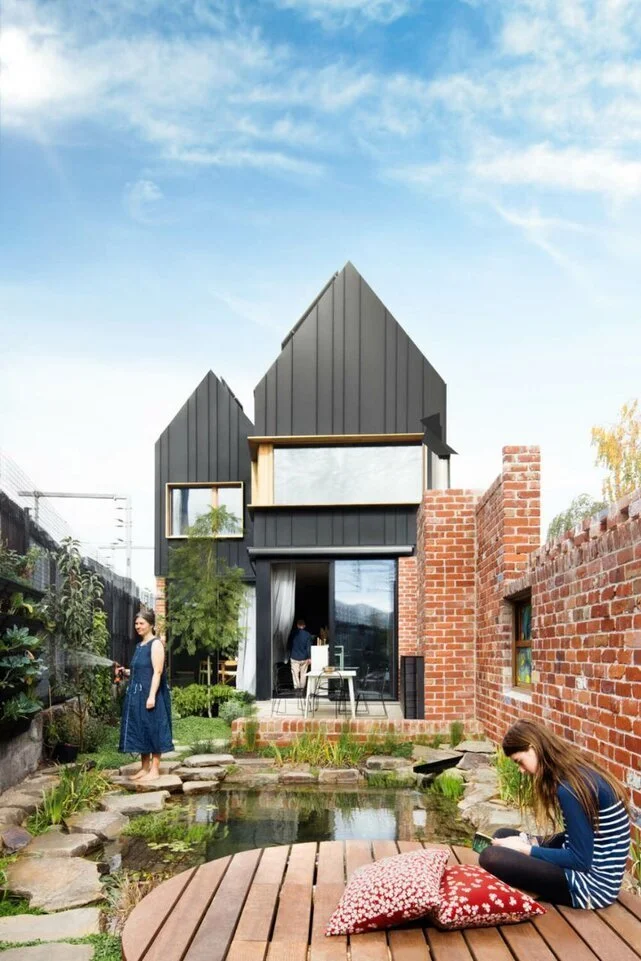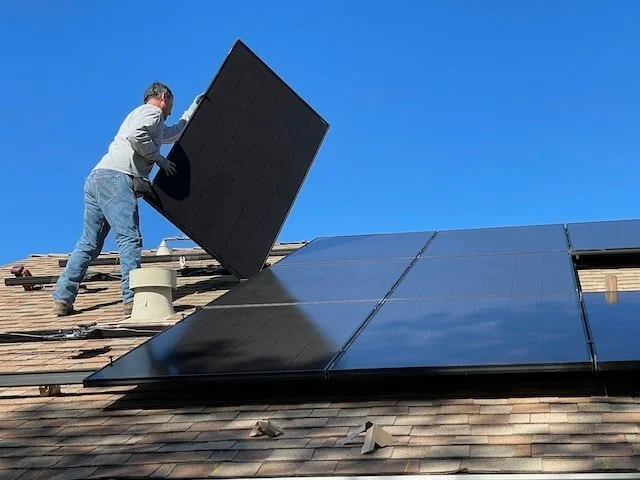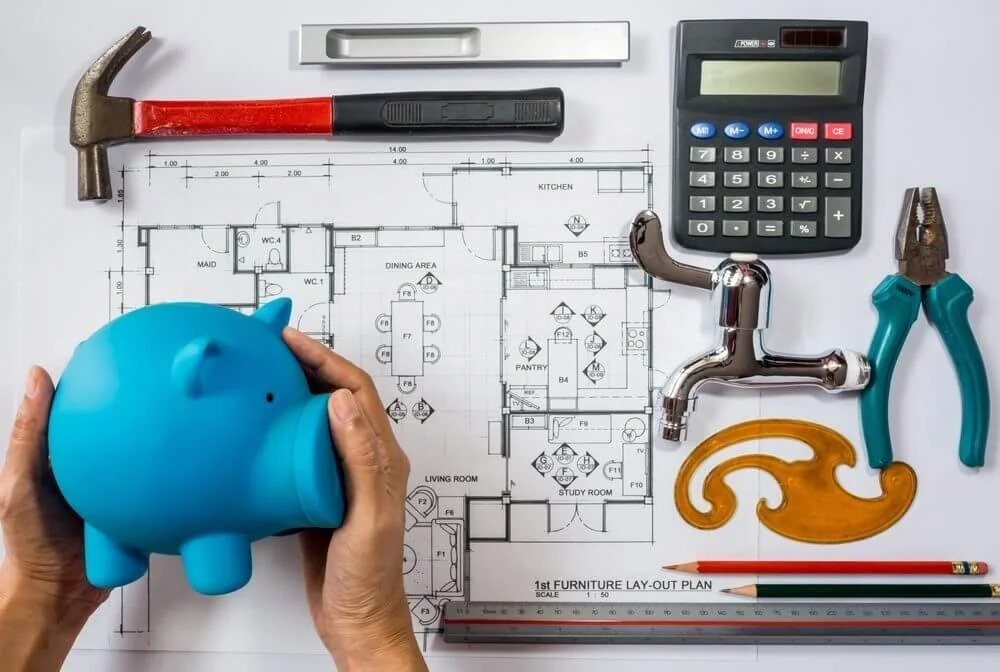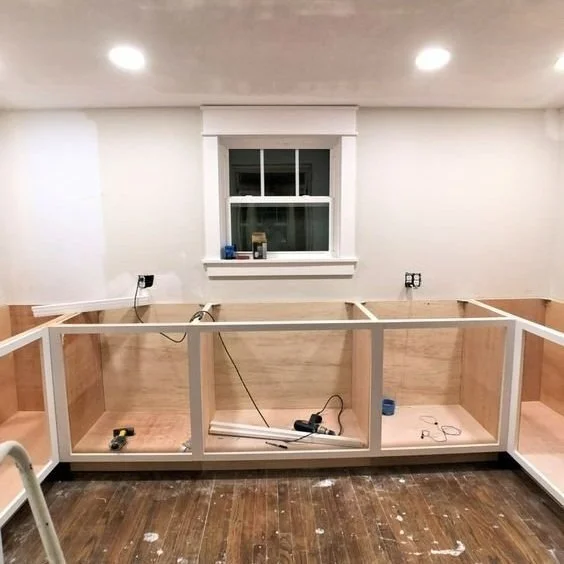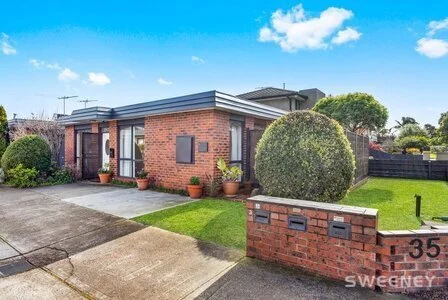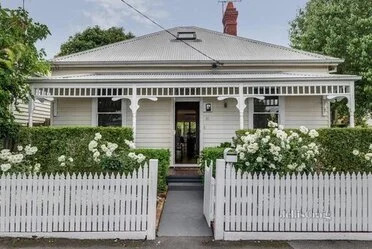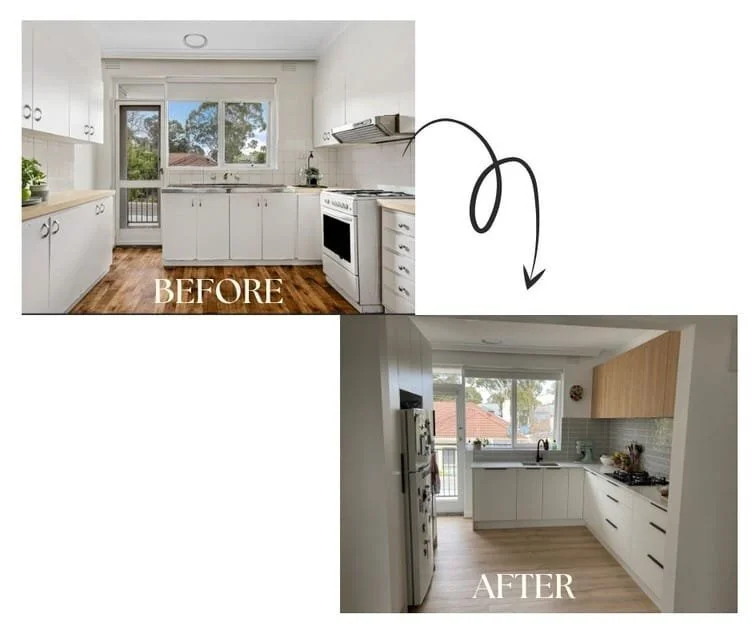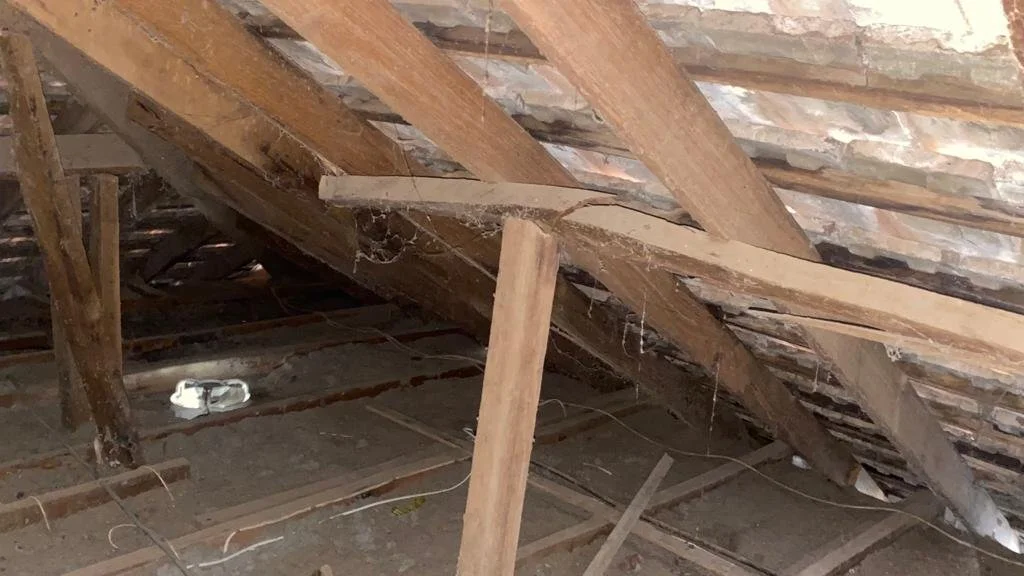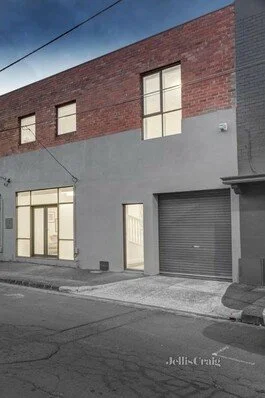Multigenerational Living
What is multigenerational living?
It’s where at least two generations of adults are living in one property, which is commonly seen when ageing parents move in with adult offspring.
The Australian Bureau of Statistics (ABS) provided new data to the ABC on households containing three generations. It showed a small increase in three generational living arrangements over recent years, from 275,000 in 2016 to 335,000 in 2021.
Read More
4 Lessons To Learn From This 70’s Reno And 4 Things We May Have Done Differently.
We are the first to spruik the ugly duckling with good bones and a view to add value through renovations down the track. There are many reasons for this, you can do the work to your personal taste and ensure you’re spending a dollar to make 3 just to name a few.
However these conversations always come with a few caveats, some are depicted in this gorgeous Rockley Road apartment… Which we must confess still sold well, despite the laundry being in the walk in robe!!!
Read More
Asbestos - your questions answered
Asbestos…. feels like a scary word… particularly for those who are filled with flashbacks of ads with people on breathing apparatus showing the negative effects of asbestos exposure. Unfortunately, it was a common building material until around the mid 80s, so the likelihood of it having been used to build the house you are renting or looking to buy is very high.
At the time, it was seen as a miracle product – it was fireproof, water proof, and had excellent insulating properties, making it a popular choice for certain building components.
Read More
Has ‘Gas’ In The Home Had Its Day?
Back in the ‘old days’ it used to be a major selling point that your 70’s flat had gas connected and a gas cooktop burner. Technology was lagging and everyone hated the electric hot plates that took forever to heat up and cool down. Even that pesky hot water system that ran out too quickly or dodgy wall heater that contributed to 95% of the electricity bills.
Read More
Passive House Design
This is a concept you may come across if sustainability is important in your renovation or new build. "Passive house" (German: Passivhaus) is a voluntary standard for energy efficiency in a building, which reduces the building's ecological footprint. It results in ultra-low energy buildings that require little energy for space heating or cooling.
It is the practice of taking note of the local climate and site conditions and making sure your home design maximises the benefits these can offer to create a comfortable internal environment.
Read More
Solar Panels. Yay or Nay?
Let’s explore some commonly asked questions.
We’re often asked by clients about home improvements, and what will add the most value to their home.. Even in 2023, installing solar panels on your property will not make a measurable difference to how much people will pay for the home. Buyers do see them as an added benefit, but not necessarily a deal maker or breaker.
Read More
5 Tips To Reign In The Renovation Budget
We’ve all heard about the rising cost of building and renovating.. So we wanted to give you some tips to curb the inevitable increase in the cost of your reno. Whether what you wanted 2 years ago when you first started planning has now risen just out of reach or you’ve just got champagne taste on a beer budget, we've got a few tips for you.
Read More
Want To Renovate But Don’t Know Where To Start?
Here’s our step-by-step guide to home improvements. Have fun!
1. Set out your goals.
Work out your why…Is it to live in and enjoy for the next 30 years, or to flip? To add more light or more space or make the home more modern? Answering these questions will help formulate your plan. For our past and present clients, think of this as our ‘Plan of Attack’ document we put together at the beginning of your property search. Write out what you're doing and why, this will be your anchor throughout the process.
Read More
What can you buy for $600k in Melbourne?
You’ve been saving for a while now, you've spoken to a finance professional, and they’ve said you can buy a house for around $600k. Well done! You should be really proud of yourself!
In this blog we’re going to show you a few areas and property types which we deem to be good investment options. We will also show you an example of a recently sold property that reflects what we would consider to be good real estate.
Read More
Easements… Who? What? Why?
If you’re looking to buy a house, townhouse or courtyard apartment it’s important to understand what easements are and how they might affect the value or usability of the land you’re purchasing.
Read More
5 Best Apartment Dogs (According To Prop Culture)
You don't want to move out to the sticks just to accommodate a furry friend. You want to maintain your inner city lifestyle but welcome a fur baby into the fold. Here's a curated list of companions perfectly suited to high rise living...
Read More
Property Hunting With A Partner?
Our top tips to ensure you stay together in the process!
So you’re in the market for a love shack? One of the largest demographics we work with is couples, we’ve truly seen it all. So unless you’re also in the market for some hefty couples counseling bills, listen up kids.
Read More
How To Avoid Capital Gains Tax
Firstly, what is Capital gains tax (AKA CGT)... It is a levy you are obliged to pay on the capital gain made from the sale of an asset.
A capital gain (or loss) is the difference between what you paid for an asset and what you sold it for (less any fees incurred during the purchase). So, if you sell a property for more than you paid for it, there will be a capital gain. And if you sell it for less, that is considered a capital loss.
Read More
6 Frequently Asked Questions By First Home Buyers - part 2
Here we are.. Comin’ at ya with the next round of common questions asked by first home buyers…
Read More
Frequently Asked Questions By First Home Buyers - Part 1
We love working with first-home buyers. Helping them navigate what can be a very confusing and stressful time is one of the most rewarding parts of our job! We were first home buyers once too and know just how critical the right guidance is to long-term success in property ownership.
Read More
Off The Plan. Pros And Cons
As a general rule, we don’t buy off the plan (OTP) property for our clients. However, there are some circumstances within which an off-the-plan purchase may fit. It really comes back to your property purchasing strategy. Are you buying for cash flow and depreciation? Or to be able to value add and for capital growth? Answering questions like these might be able to give you an answer as to whether or not off-the-plan purchases are right for you!
Read More
The Value of Value Adding
We’re always talking to our clients about whether a property has room to add value through renovation, but why? Because it’s a great way to manufacture your own growth in the property. Rather than sitting back hoping the market will go up in your favour. You’re putting the performance of the property in your own hands.
What do we mean by ‘value-adding’? We mean spending a dollar, to make 3 (or more!).
Read More
Buyers Advocates and The Block
So you’ve watched advocates bidding like crazy on The Block and you’re wanting to know more about buyers' advocates and how it all works.
First of all, what you see on the block is NOT a good representation of what we do.
The thought of purchasing inflated real estate for our clients so we can get our name in lights for a few minutes doesn’t quite fit in with our business ethos.
Read More
3 Reasons Why You Should Get A Building and Pest Inspection
No matter how good or bad a property appears to be, we always recommend getting a building and pest inspection.
We have seen perfect looking 5 year old apartments riddled with water leaks, and what you perceive to be dilapidated houses come back with structurally sound concrete stumps and perfect plaster work! All they need are some new weatherboards and a heavy duty paint job!
Read More
Epic Warehouse - zoned commercial... What are the implications?
First of all.. What is ‘zoning’?
Zoning is a framework, generally set out by state and territory governments and applied by local councils, which dictates what can be built where and how. It regulates the pace and pattern of development, growth and character of an area.
Read More

